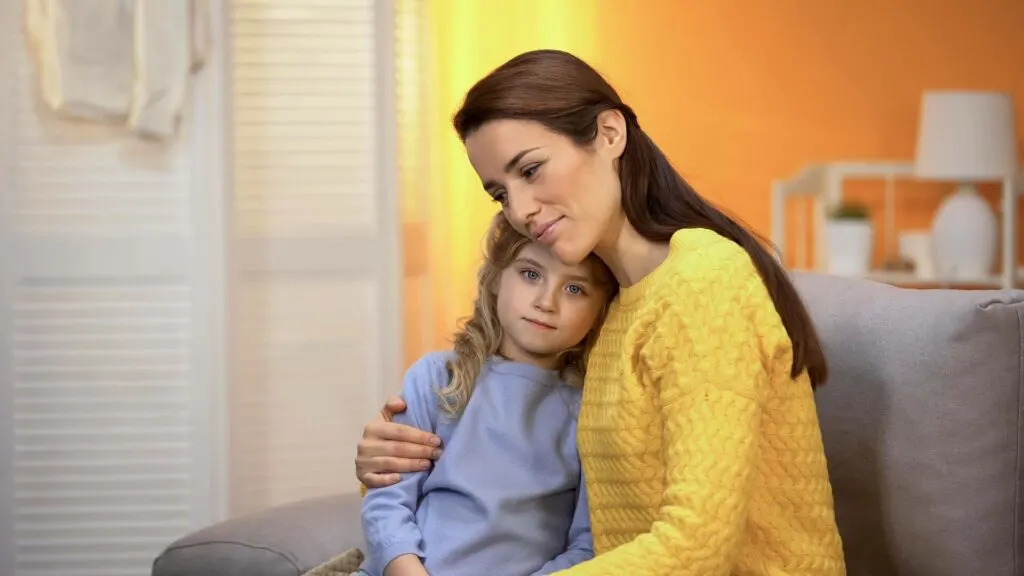Child custody is often one of the most emotionally charged aspects of divorce or separation proceedings. For parents, the well-being of their children is paramount, making the process of determining custody arrangements complex and sometimes contentious.
Navigating child custody requires a thorough understanding of the legal principles involved, as well as a focus on what is in the best interests of the child. In this article, we’ll explore key considerations and guidelines to help parents navigate the complexities of child custody.

Understanding Legal Custody vs. Physical Custody
In the realm of child custody, it’s important to distinguish between legal custody and physical custody. Legal custody refers to the right to make important decisions about the child’s upbringing, including matters related to education, healthcare, and religious upbringing. Physical custody, on the other hand, refers to where the child resides on a day-to-day basis.
The Best Interests of the Child
Courts make custody decisions based on the best interests of the child. Factors considered in determining the child’s best interests may include:
- The Child’s Relationship with Each Parent: Courts typically seek to maintain the child’s relationships with both parents, unless circumstances such as abuse or neglect suggest otherwise.
- Stability and Continuity: Courts may prioritize maintaining stability and continuity in the child’s life, including factors such as school, community ties, and relationships with extended family members.
- Parenting Abilities: The court may assess each parent’s ability to provide for the child’s physical, emotional, and developmental needs.
- Any History of Abuse or Domestic Violence: Any history of abuse or domestic violence may significantly impact custody decisions, with the court prioritizing the safety and well-being of the child.
- The Child’s Wishes (Depending on Age): In some cases, the court may consider the child’s preferences regarding custody, particularly as the child gets older and matures.

Types of Custody Arrangements
There are several types of custody arrangements that may be considered, including:
- Sole Custody: One parent has primary physical and legal custody of the child, while the other parent may have visitation rights.
- Joint Custody: Both parents share physical and/or legal custody of the child, with various arrangements for sharing time and decision-making responsibilities.
- Bird’s Nest Custody: In this arrangement, the child remains in one home, while the parents take turns living in the home with the child according to a set schedule.
Developing a Parenting Plan
Parents are often encouraged to develop a parenting plan outlining custody and visitation arrangements that best meet the needs of their child. A parenting plan typically addresses:
- Custody Schedule: A detailed schedule outlining when the child will be with each parent, including holidays, vacations, and special occasions.
- Decision-Making Responsibilities: Clarification of who will make major decisions regarding the child’s upbringing, including education, healthcare, and religious upbringing.
- Communication and Conflict Resolution: Guidelines for communication between parents and a plan for resolving disputes or conflicts that may arise regarding custody or visitation.
Seeking Legal Guidance
Navigating child custody can be complex, and it’s often beneficial for parents to seek legal guidance from a San Diego lawyer who specializes in divorce matters. An experienced attorney can provide valuable advice and representation throughout the custody proceedings, helping parents understand their rights and obligations under the law.
Know What Child Custody Entails This Year

Child custody matters are deeply personal and can be emotionally challenging for all involved. By understanding the legal principles, focusing on the best interests of the child, and seeking appropriate legal guidance, parents can navigate the complexities of child custody with greater clarity and confidence. Ultimately, the goal is to establish custody arrangements that prioritize the well-being and happiness of the child while maintaining meaningful relationships with both parents.

Jessi is the creative mind behind The Coffee Mom, a popular blog that combines parenting advice, travel tips, and a love for all things Disney. As a trusted Disney influencer and passionate storyteller, Jessi’s authentic insights and relatable content resonate with readers worldwide.
